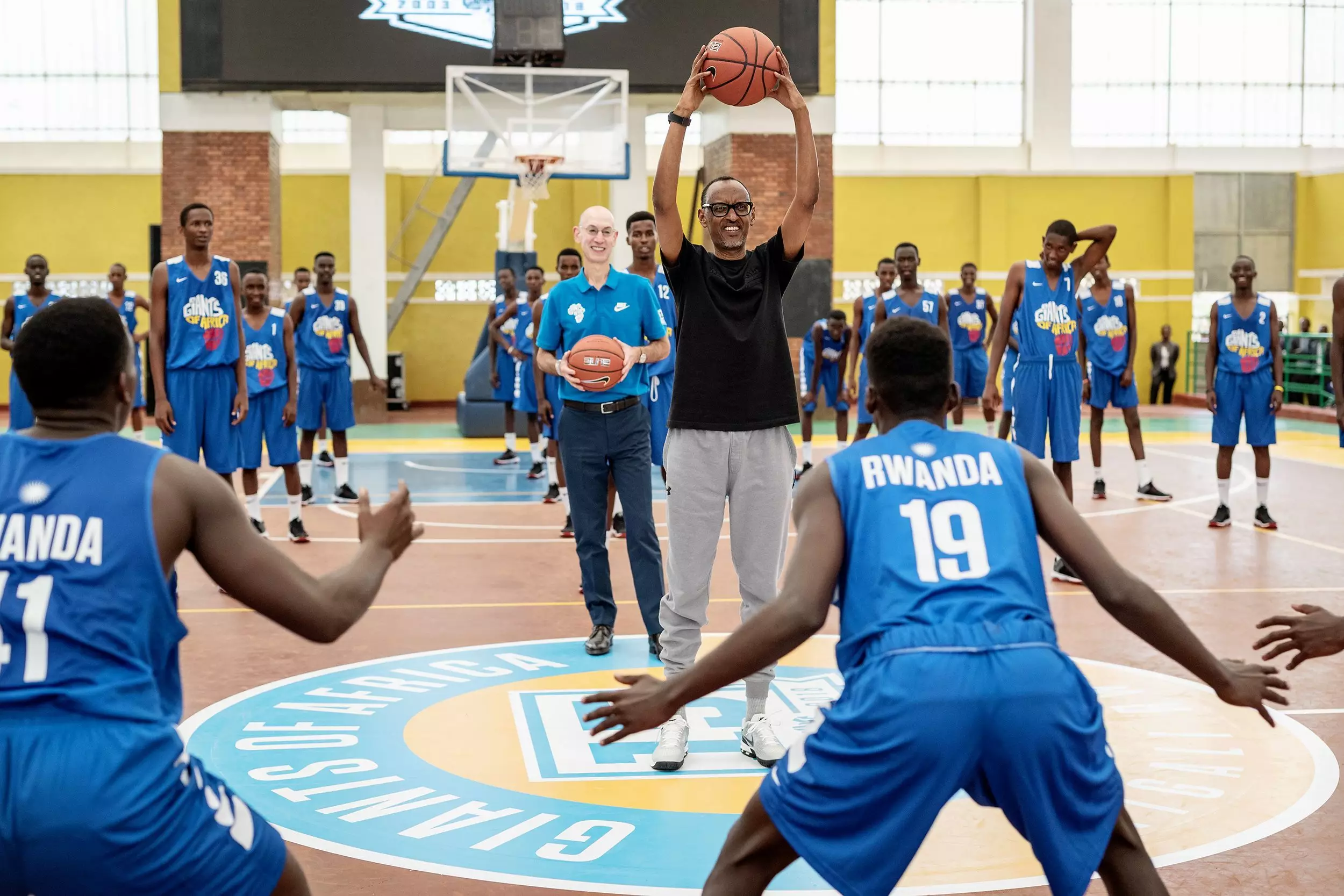Recently, two U.S. senators, Marsha Blackburn and Jeff Merkley, took a stand against the NBA’s alleged prioritization of profit over principles. In a scathing letter to NBA Commissioner Adam Silver, the senators accused the league of hypocritically cozying up to dictators like Rwandan President Paul Kagame, despite positioning itself as a champion of social justice. This bold move shines a light on the ethical considerations the NBA must grapple with as it navigates its global partnerships.
The senators pointed to an investigative report by ESPN that highlighted the NBA’s deep ties to Kagame, a leader accused of egregious human rights violations. While the NBA’s collaboration with Kagame played a pivotal role in establishing the Basketball Africa League, it also raised troubling questions about the league’s willingness to overlook atrocities committed by its partners. The senators emphasized that anyone who dares to criticize Kagame’s regime faces imprisonment, disappearance, or worse, painting a grim picture of the realities faced by the Rwandan people.
In their letter to Commissioner Silver, Blackburn and Merkley demanded answers. They called on the NBA to clarify the extent of its relationship with the Rwandan government and to outline concrete steps to support the victims of human rights abuses perpetuated by Kagame’s regime. By issuing this ultimatum, the senators underscored the importance of corporate accountability and ethical decision-making in the realm of international partnerships.
As corporations expand their global reach, they must grapple with the ethical implications of their business practices. The NBA’s entanglement with authoritarian regimes like Rwanda raises fundamental questions about where to draw the line between profit-seeking and moral responsibility. By challenging the league to uphold its professed values of social justice and equality, Blackburn and Merkley set a precedent for corporate accountability in an increasingly interconnected world.
The NBA’s engagement with dictators like Paul Kagame serves as a stark reminder of the complex ethical dilemmas facing global corporations. As the league faces scrutiny from lawmakers and the public alike, it must reckon with the true cost of its partnerships and reaffirm its commitment to promoting human rights and social justice on a global scale. Playing ball with dictators may offer short-term gains, but the long-term consequences for the league’s reputation and moral standing are incalculable. It is time for the NBA to reflect on its values and take decisive action to ensure that profit never comes at the expense of principle.


Leave a Reply